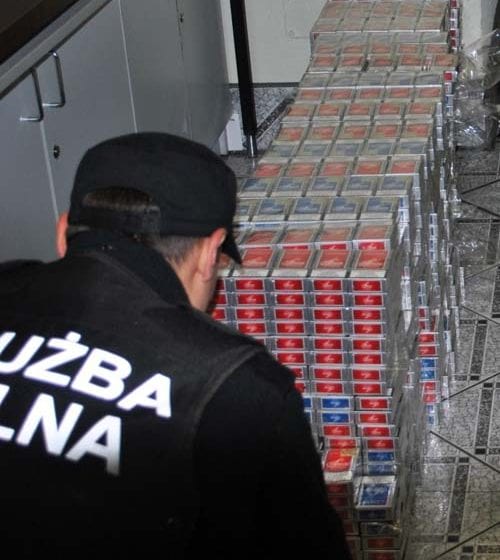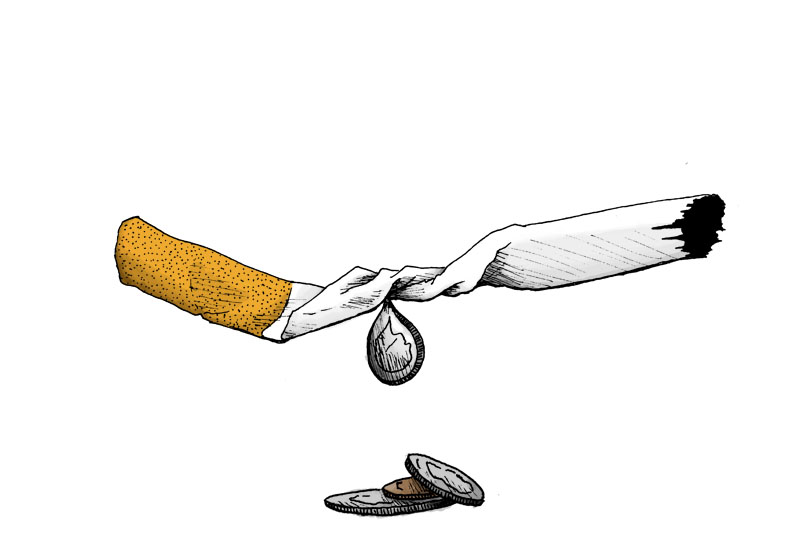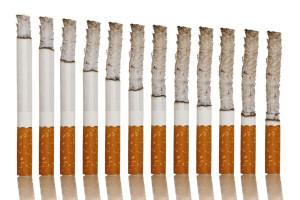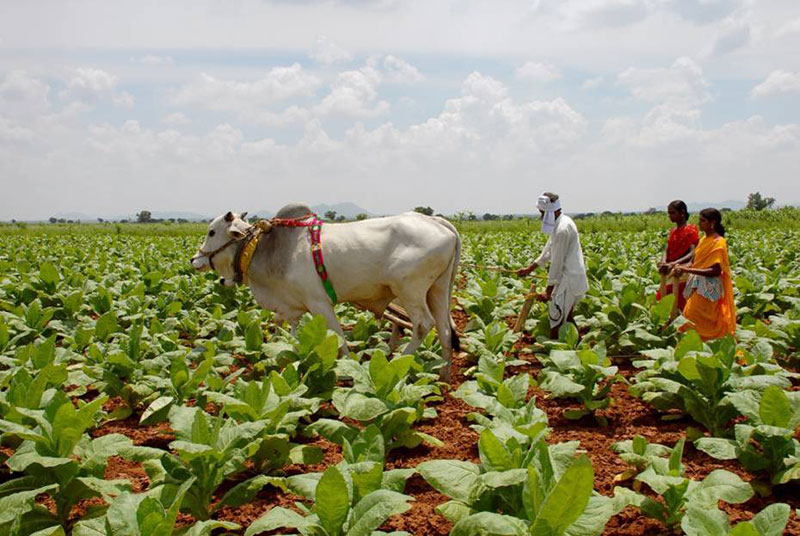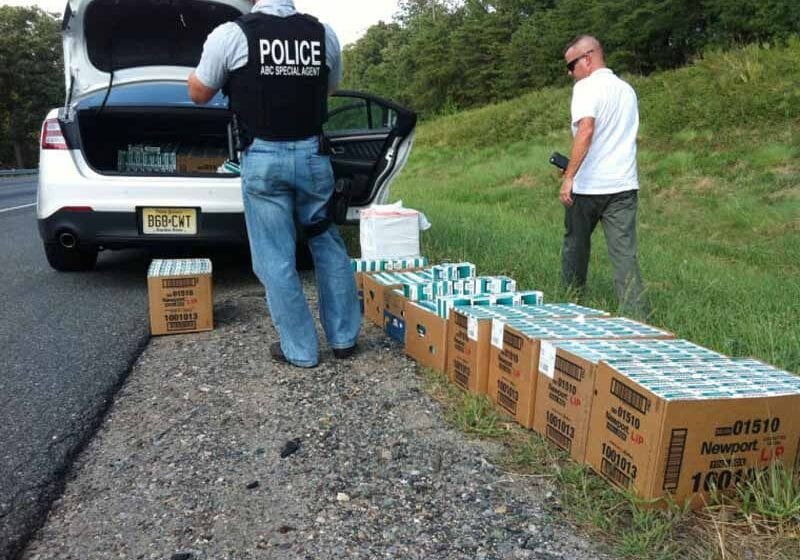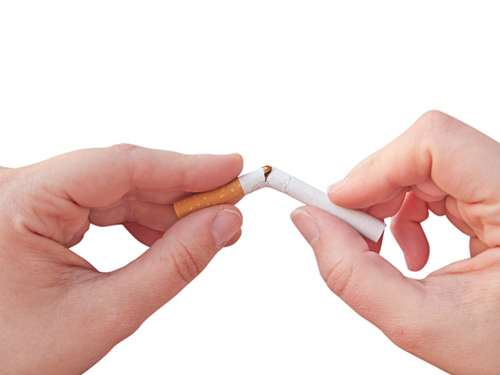A Bulgarian member of the EU Parliament has asked the Commission whether using an external company for loading and unloading excisable goods for the purpose of making customs checks constituted a breach of its regulations.
In a preamble to two questions that are due to be answered by the Commission in writing, Angel Dzhambazki said that, in Bulgaria, it was the practise for Customs Agency staff to be present at the loading and unloading of excisable goods, following which a report was filled out. ‘However, most consignments of freight are subject to a follow-up check at the customs control points located at border crossings,’ he said.
‘Under Regulation (EU) No 952/2013 of 9 October 2013 laying down the Union Customs Code, responsibility for the follow-up check and for loading/unloading lies with the Customs Agency, but at the Kalotina customs control point the Bulgarian authorities refuse to carry out this work, thus obliging carriers to hire an external company to do it.’
Dzhambazki then asked:
- ‘Is the Commission aware of this problem?
- ‘Does the Commission consider that using an external company for loading/unloading for the purposes of customs checks constitutes a breach of Regulation (EU) No 952/2013?’

